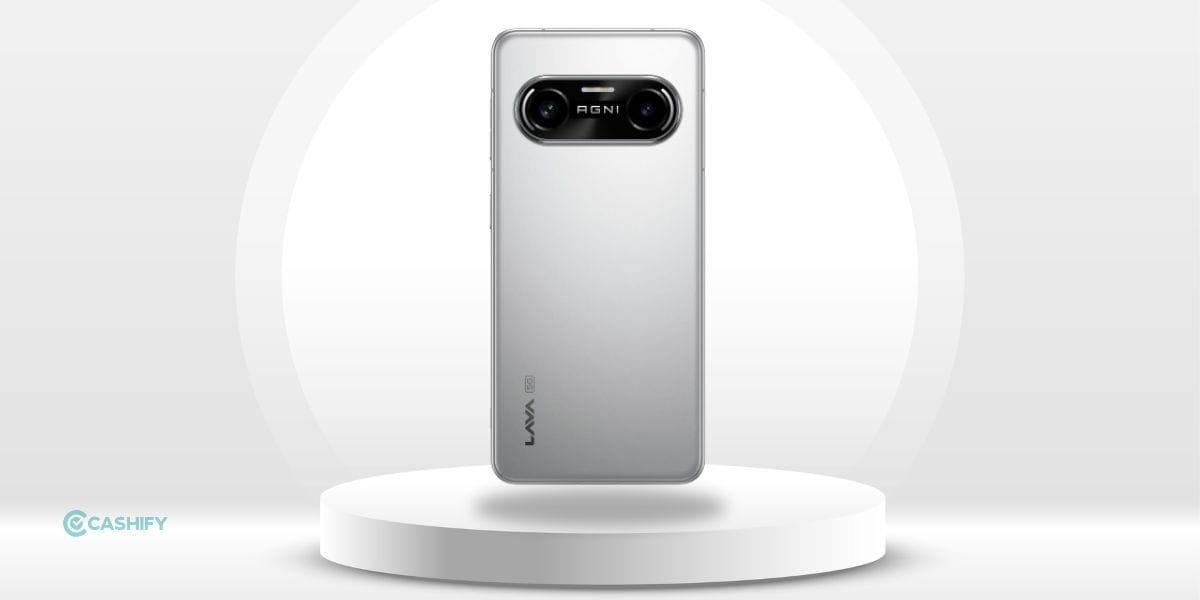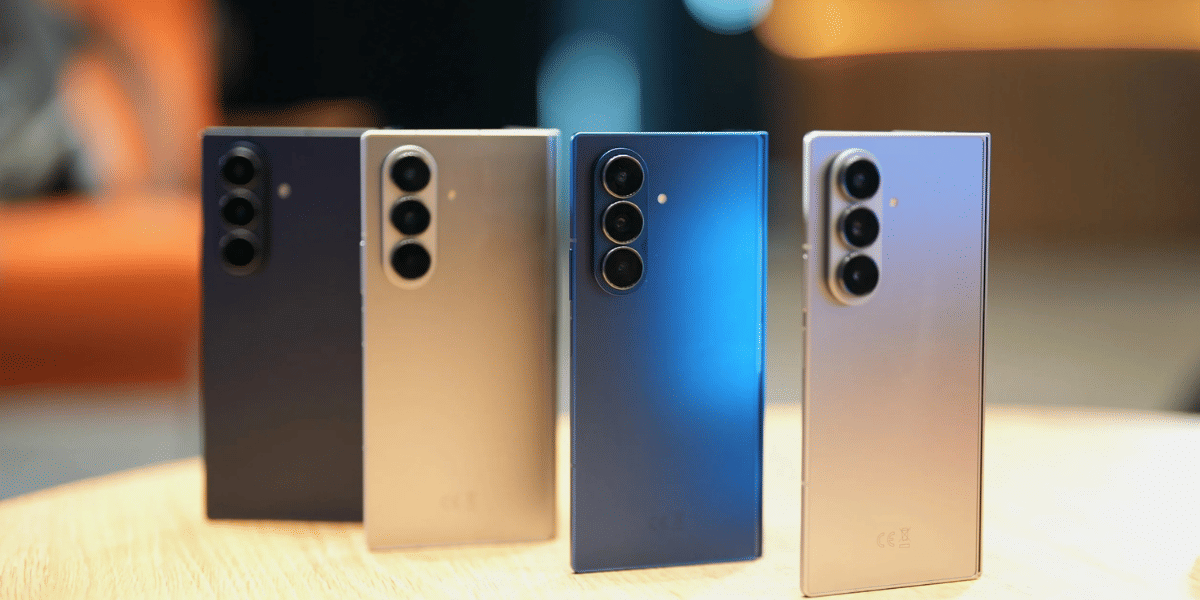The European Union (EU) wields considerable influence over global business practices, particularly in the realms of technology, antitrust regulation, data protection, and environmental standards. This influence often compels companies, including major EU tech companies, to make substantial adjustments to their operations and policies. Here’s a look at five key instances where the EU forced tech companies to make major decisions. It may be via actions or regulations that have prompted significant changes in corporate behaviour.
1. Apple Adapting to USB Type-C on iPhones (2022)
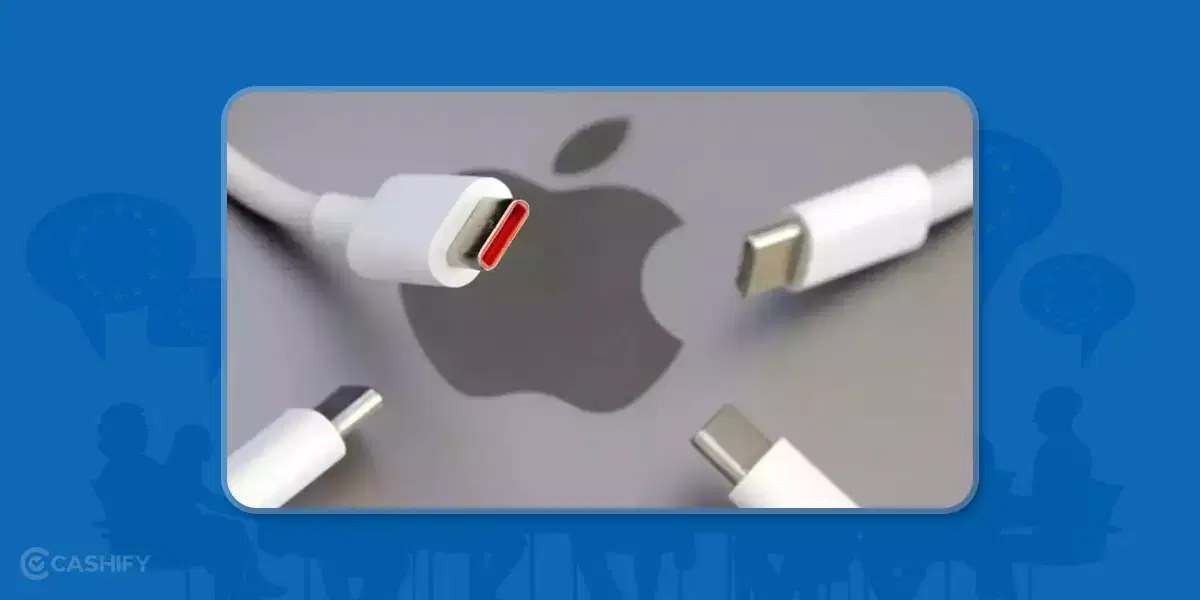
The EU has influenced tech companies on various occasions, but the most notable impact was on Apple. In a landmark move, the European Parliament approved a universal charging standard for smartphones and small electronic devices. The chosen standard, USB Type-C, is widely used and is seen as more efficient than previous connectors. This decision significantly impacts Apple, which has historically utilized its proprietary Lightning connector for its iPhone series. The change to USB Type-C is expected to bring about considerable benefits:
- Reduced Electronic Waste: By standardizing the charging port, the EU aims to cut down on electronic waste generated by the need for different chargers.
- Consumer Convenience: This move is also expected to enhance consumer convenience, as one universal charger would be compatible with multiple devices.
- Apple’s Compliance: For Apple, this means a major redesign for future iPhone models. This has already started with the current iPhone 15 series, and Apple is slowly transitioning all its products that earlier used Lightning to the same standard.
Also read: New Apple iPhones- USB Type-C Or Lightning Port?
2. Digital Markets Act (DMA) and Digital Services Act (DSA) (2022)
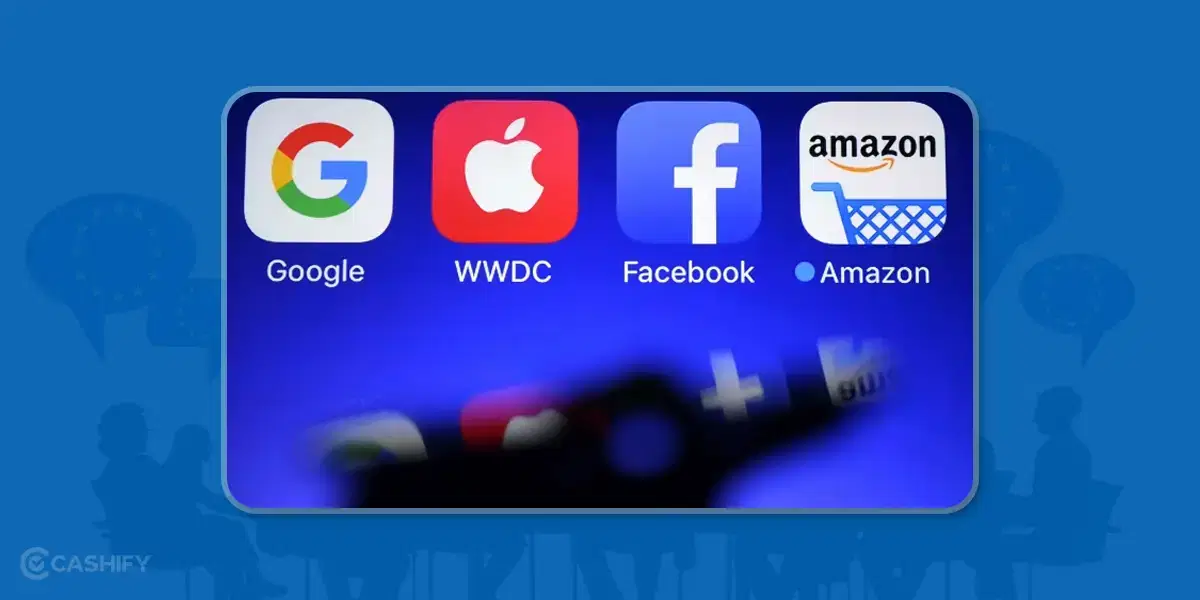
These two pieces of legislation represented the EU’s robust approach to regulating the digital market. This is another one of those times when the EU forced tech companies for major decisions. The DMA and DSA aim to ensure fair competition and online safety, respectively. The impacts of these acts are far-reaching:
- Gatekeeper Regulations: The DMA specifically targets large tech companies, referred to as “gatekeepers,” enforcing them to operate more fairly and open up markets to new competitors.
- Content Accountability: The DSA focuses on the responsibility of platforms regarding the content they host, enhancing the protection of EU citizens online.
- Corporate Responses: These legislations have led EU tech companies like Google, Facebook (Meta), and Amazon to reassess and modify their European operations. This was to ensure compliance, affecting their global business strategies.
3. Facebook (Meta) Data Transfer Mechanism (2020-2021)
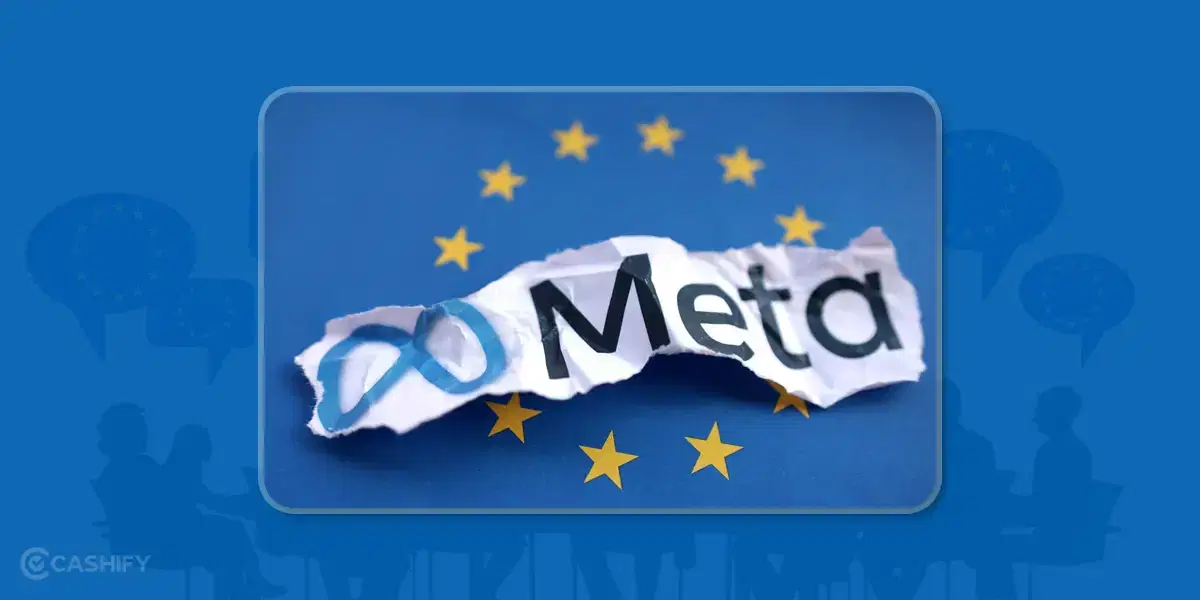
Another time when the EU forced tech companies for major decisions was the case with Meta. The EU Court of Justice’s decision to invalidate the Privacy Shield framework, which governed data transfers between the EU and the US, had a major impact on companies like Facebook (now Meta). This decision underscores the EU’s commitment to data privacy:
- Data Privacy Concerns: Concerns over the transfer of EU citizens’ data to the US prompted this scrutiny.
- Compliance with GDPR: Facebook, among other EU tech companies, had to overhaul their data transfer mechanisms to align with the stringent requirements of the GDPR.
- Broader Implications: This action emphasized the importance of data sovereignty and the EU’s role in shaping global data privacy standards. The move also stemmed from the now infamous Cambridge Analytica scandal which compromised and exploited a significant amount of user data on Facebook.
Also read: How To Use The Facebook Ads Manager?
4. Microsoft’s Browser Choice (2009)
Microsoft was also not spared in times when EU forced tech companies for major decisions. The EU’s antitrust action against Microsoft over its bundling of Internet Explorer with the Windows operating system marked a significant turn in competition law:
- Antitrust Regulations: The EU argued that Microsoft’s practice stifled competition in the web browser market.
- Browser Choice Screen: As a remedy, Microsoft was required to provide a Browser Choice Screen to European users. Thus, allowing them to select their preferred browser.
- Impact on Microsoft and EU Tech Companies: This decision forced Microsoft to alter its product strategy, setting a precedent for how EU tech companies should approach product bundling and competition.
Also Read: Improve Workflow Efficiency Through Microsoft Bing And WhatsApp Business Integration
5. Auto Industry Emission Standards (2000s–2010s)
The EU’s stringent emission standards, known as the Euro standards, have also pushed the automotive industry towards greener technology. Readers might remember that the Volkswagen group was the first to bear the brunt of this new legislation.
- Tighter Emission Standards: These standards demand significant reductions in vehicle emissions, encouraging innovation in cleaner technologies.
- Shift to Electric and Hybrid Vehicles: Many automakers, including those in the EU, have accelerated the development and release of electric and hybrid vehicles in response.
- Sustainable Automotive Industry: This move aligns with the EU’s broader environmental goals, influencing global automotive trends. It also positions EU tech companies at the forefront of sustainable vehicle technology.
Also read: How To Sell Your Car On Cashify?
Summary
These instances highlight the times when the EU forced tech companies for major decisions. The EU’s pivotal role in shaping the practices of global and EU tech companies. Through its regulations and decisions, the EU continues to drive significant changes across various sectors, championing consumer rights, fair competition, data privacy, and environmental sustainability.
Need mobile phone repair? Get all your mobile phone troubles fixed with Cashify mobile repair right at your doorstep. You get a 6-month warranty and a 1-month screen replacement warranty on mobile phone screen repair.


















